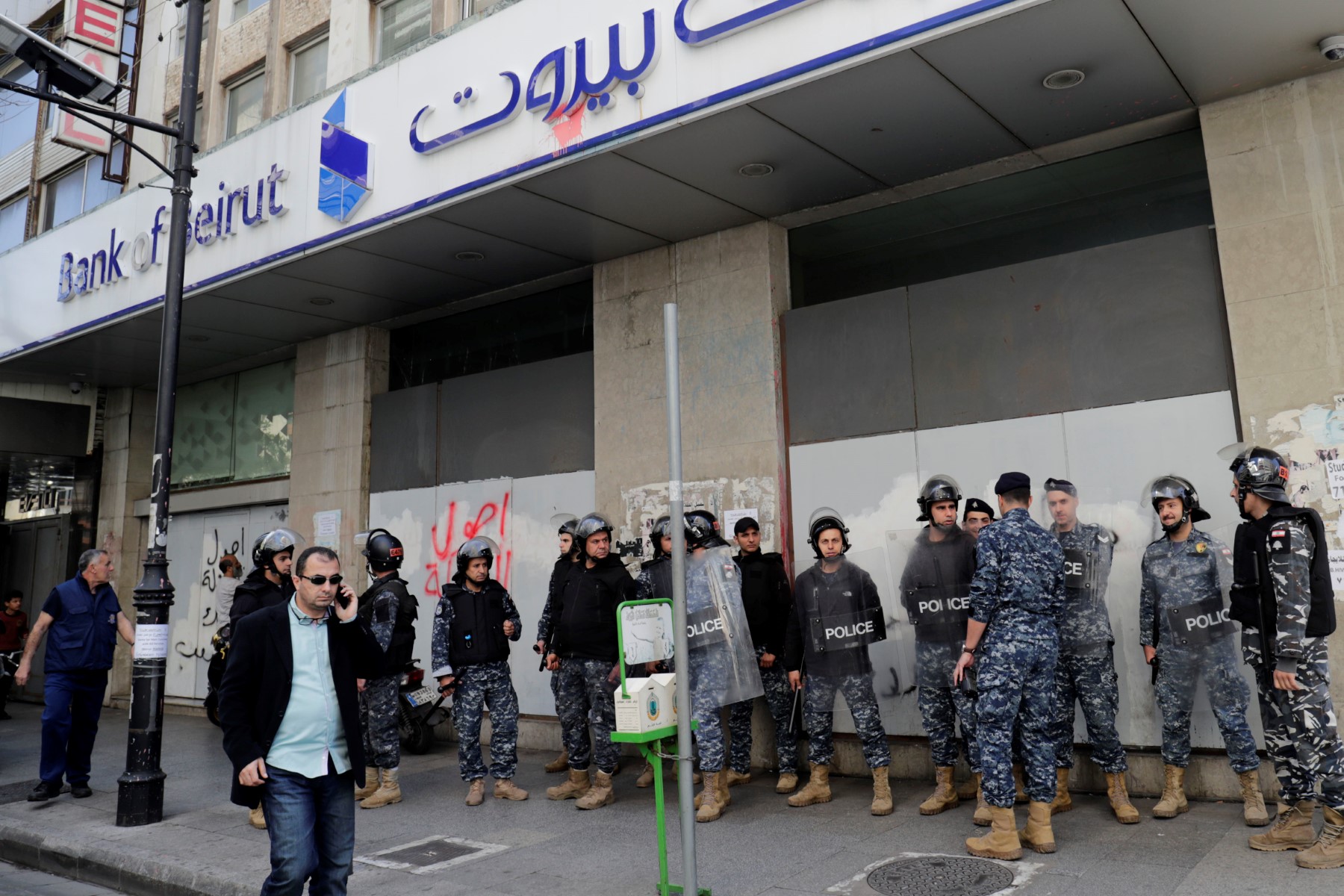BEIRUT, LEBANON – The vice-governors of Lebanon’s central bank plan to resign unless politicians swiftly name an incoming governor, two senior officials at the crisis-hit country’s top financial body told AFP on Thursday.
The term of embattled three-decade chief Riad Salameh ends this month with no successor in sight, setting the stage for a leadership crisis at the central bank nearly four years into Lebanon’s severe economic meltdown.
A central bank official, who requested anonymity due to the sensitivity of the topic, said the four vice-governors were planning to resign before the end of Salameh’s mandate to pressure authorities into naming a new governor.
“Unless the political class names a successor, the vice-governors will resign before (Salameh’s) mandate ends” on July 31, the official said.
“A legitimate governor should be named because this institution cannot be left leaderless.”
Once hailed as the guardian of the country’s financial stability, Salameh, 72, is wanted by France and Germany in connection with alleged financial irregularities. Lebanon, however, does not extradite its citizens.
Salameh has been the subject of judicial investigations at home and abroad into allegations including embezzlement, money laundering, fraud and illicit enrichment. He denies the accusations.
His term is due to expire regardless of the claims against him.
Earlier on Thursday, the vice-governors urged authorities to name a successor for Salameh “as soon as possible”, threatening – without elaborating – to “take appropriate action” should they fail.
“Caretaker rule cannot apply to the highest monetary authority,” the vice-governors said in a joint statement.
Lebanon since last year has been governed by a caretaker cabinet with limited powers and without a president, and naming a high official could take months of political horse-trading.
Politicians buy time
The central bank governor in Lebanon is named by cabinet decree for a six-year mandate that can be renewed multiple times, based on the finance minister’s recommendation.
In a country of sectarian power-sharing, the governorship is traditionally reserved for a Maronite Christian.
If the position is vacant, the law stipulates that the first vice-governor take over.
But the central bank official told AFP first vice-governor Wassim Manssouri has refused to take on the caretaker role, which has no limited timeframe, accusing Lebanese leaders of dragging their feet on crucial reforms to save the ailing economy.
Another senior official, also requesting anonymity, said the vice-governors would resign “without delay”, because they “cannot shoulder this responsibility while the political class continues to buy time”.
Lebanon’s governing elite, locked in a power struggle, has been widely blamed for the country’s financial meltdown and its recurrent power vacuums.
No group has a clear majority in parliament, and lawmakers have failed a dozen times to elect a new president after Michel Aoun’s term ended last year, amid bitter divisions between the Iran-backed Hezbollah movement and its opponents.
“If the political class is unable to appoint a central bank governor, then this means that it has no intention of implementing any reforms,” the first central bank official said.
Such a prospect would leave the Lebanese state unable to fully operate, plunging the country further into crisis.
Lebanon has been mired since 2019 in an economic collapse that has seen the local currency lose around 98 percent of its value against the dollar and pushed most of the population into poverty.
Last week, the International Monetary Fund warned that Lebanon’s failure to implement reforms could have “irreversible” consequences and jeopardize economic and social stability.

